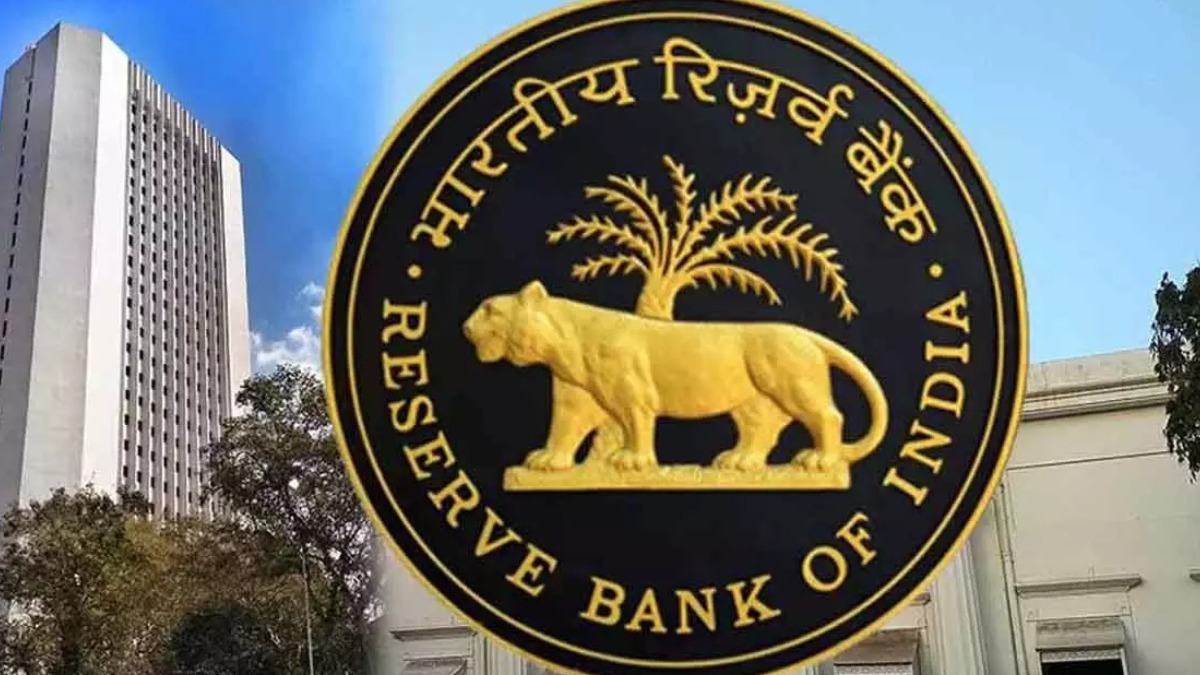Augustine George Masih, J.@mdashBy this order, I propose to dispose of Civil Writ Petitions No. 15454, 16338, 18428, 18701, 21520, 25182 of 2012 and 691, 2819, 3365 of 2013 as common questions of facts and law are involved in these writ petitions.
For the sake of convenience, facts are being taken from CWP No. 15454 of 2012.
Challenge primarily in these writ petitions is to the transfer order dated 26.7.2012 (Annexure-P-3 in CWP No. 15454 of 2012), which is stated to be arbitrary and has been resorted to by pick and choose policy declaring the petitioners surplus without any intelligible criteria and in violation of the principles as envisaged in the Industrial Disputes Act.
Petitioners are employed as Beldars in the Ranjit Sagar Dam Project, Shahpurkandi. They were appointed between the years 1989 to 1995.
2. A provisional seniority list of Beldars was prepared on 30.6.2012 (Annexure-P-1). The strength of the Beldars in the project is approximately 3583. Vide letter dated 2.12.2011, the Executive Engineer on behalf of Chief Engineer called back numerous Beldars junior to the petitioners who had been posted in the districts of Patiala, Ferozepur Ludhiana Canal Circles into the service of the principal employer at the project Shahpurkandi. List of 84 such employees, who were junior to the petitioners and were called back to the project, vide letter dated 2.12.2011, has been appended as Annexure-P-2. Order dated 26.7.2012 has been passed by the Chief Engineer, Canals, Irrigation Department, Punjab (Annexure-P-3), vide which 210 Beldars including the petitioners working at the project have been transferred to Irrigation Branch Circle, Patiala, Sirhind Canal Circle, Ludhiana and Ferozepur Canal Circle, Ferozepur. After the passing of the said order by respondent No. 2, order dated 6.8.2012 (Annexure-P-4) has been passed retaining one of the employees namely Subhash Chander whose name finds mentioned at Serial No. 149 of the order dated 26.7.2012. Certain persons, who were junior to the petitioners, have been retained in the project, whereas the seniors have been transferred out of the project. This, the counsel for the petitioners contends, is not sustainable as the principle of seniority as also ''first come last go'' while declaring the employees as surplus has not been complied with. Orders being passed in pick and choose manner thus, cannot sustain being arbitrary.
3. Counsel for respondents, on the other hand, contends that the petitioners admittedly are working in the Ranjit Sagar Dam Project, Shahpurkandi, but the said project was completed in 2001 and various categories of workmen are lying idle. There being no work available, the petitioners and other employees were likely to be rendered surplus and instead of retrenching their services, they are being adjusted/transferred in other wings of the Irrigation Department. Hence, the question of senior and junior and pick and choose policy does not arise. Counsel further contends that since there is no retrenchment, the principle of ''last come first go'' would not be applicable as it is merely a transfer which is prerogative of the employer. Reliance has also been placed upon the judgment passed by this Court in CWP No. 10293 of 2010 titled as
4. I have considered the submissions made by the counsel for the parties and with their assistance have gone to the records of the case.
5. As per the stand of the respondents, it is apparent that there is no work available for some of the categories of employees including the Beldars, who are working in the Ranjit Sagar Dam Project since the said project has been completed in the year 2001. If the principles of Industrial Disputes Act are to be made applicable, the junior-most has to make way first followed by the seniors depending upon the need in a project by the employer. The same principle would be applicable for declaring employees surplus. This principle is of general application being just and reasonable and, therefore, has to be made applicable with regard to identification of persons to be retained in the project for day-to-day work including upkeep and maintenance of the project and for posting out of others. There should have been uniformity for identifying and finding out as to who should be retained so that there is no arbitrariness or heart-burning between the employees, especially when the State is to act as a model employer. The well recognized and accepted principles of the Industrial Disputes Act, therefore, would be the best option, which the respondents must apply, especially when it relates to Beldars, who would fall within the definition of workmen under the Industrial Disputes Act and the principle as laid down in the Industrial Disputes Act in such a situation would be fully applicable.
6. Respondents in their response have further stated that certain categories of employees having rendered surplus and instead of retrenchment are being adjusted in other projects/branches of the irrigation department by way of transfers. This makes it apparent and clear that work for the Beldars to an extent would not be available and, therefore, they have to be either retrenched or adjusted/absorbed in other wings of the Irrigation Department as per the stand of the respondents. If that be so, the senior-most Beldar should be retained in the project and the persons who are junior should be adjusted in various projects/departments in the wings of the Irrigation Department. The policy as adopted by the respondents, therefore, for transferring the employees, cannot be accepted to be beyond the pale of arbitrariness.
7. The assertion of the petitioners that persons junior to them as Beldars have been retained in the Ranjit Sagar Dam project has not been disputed. What has been argued by the counsel for the respondents is that transfer is the prerogative of the employer and, therefore, the order dated 26.7.2012 (impugned herein) has been passed in exercise of this power. That may be so, but here a situation has arisen where a large number of employees have been transferred because of non-availability of the work. Under those circumstances, the approach of the respondents towards the situation as has arisen cannot be accepted and the basic principles of the senior to be retained and junior to be first moved has to be applied.
8. Reliance on the judgment passed by this Court in Jaswant Singh''s case (supra) is misplaced as in the said case there was specific condition of appointment which employees had accepted regarding their transfer from the project to the other departments of the Irrigation Branch. Further, what was pressed by the petitioners in that writ petition was that they could not be transferred at all from the project. The position is totally different in this case, petitioners are not challenging the powers of the respondents to transfer them, but the mode and principle applied for giving effect to such transfers. Here although, a condition has been imposed with regard to they being employees liable for posting anywhere in the Government or any project to be executed by or on behalf of Government of Punjab in the regularization order (Annexure-R-1), but that would be in a situation where simple transfers/adjustments have to be made not as in the present case where a large number of employees have to be adjusted, absorbed or transferred having been found to be surplus. In view of the above, these writ petitions are allowed. The impugned orders are hereby quashed with directions to the respondents to apply the principle of ''first come last go'' in case of adjustment/transfer/absorption in other wings of the irrigation department.

